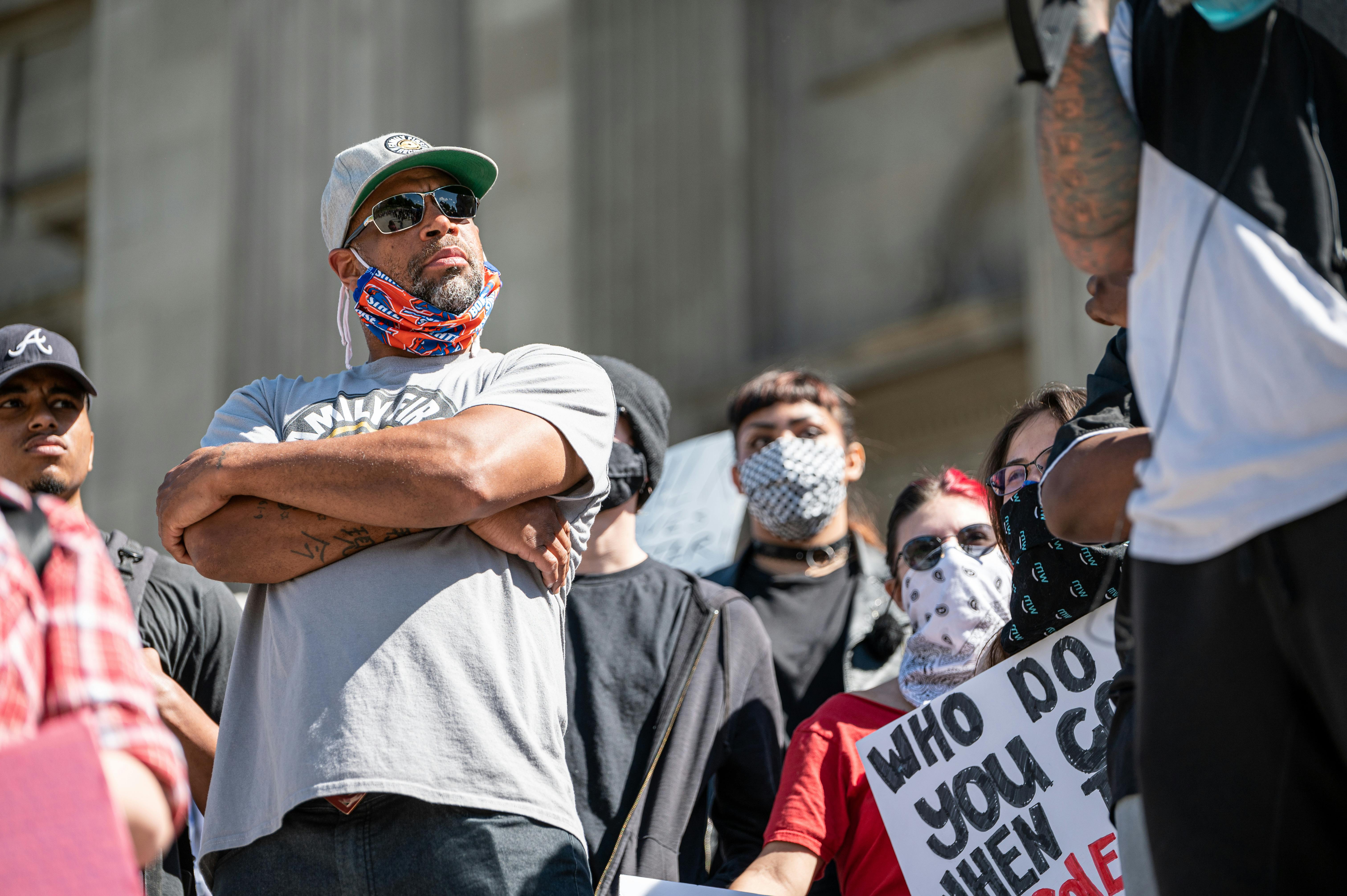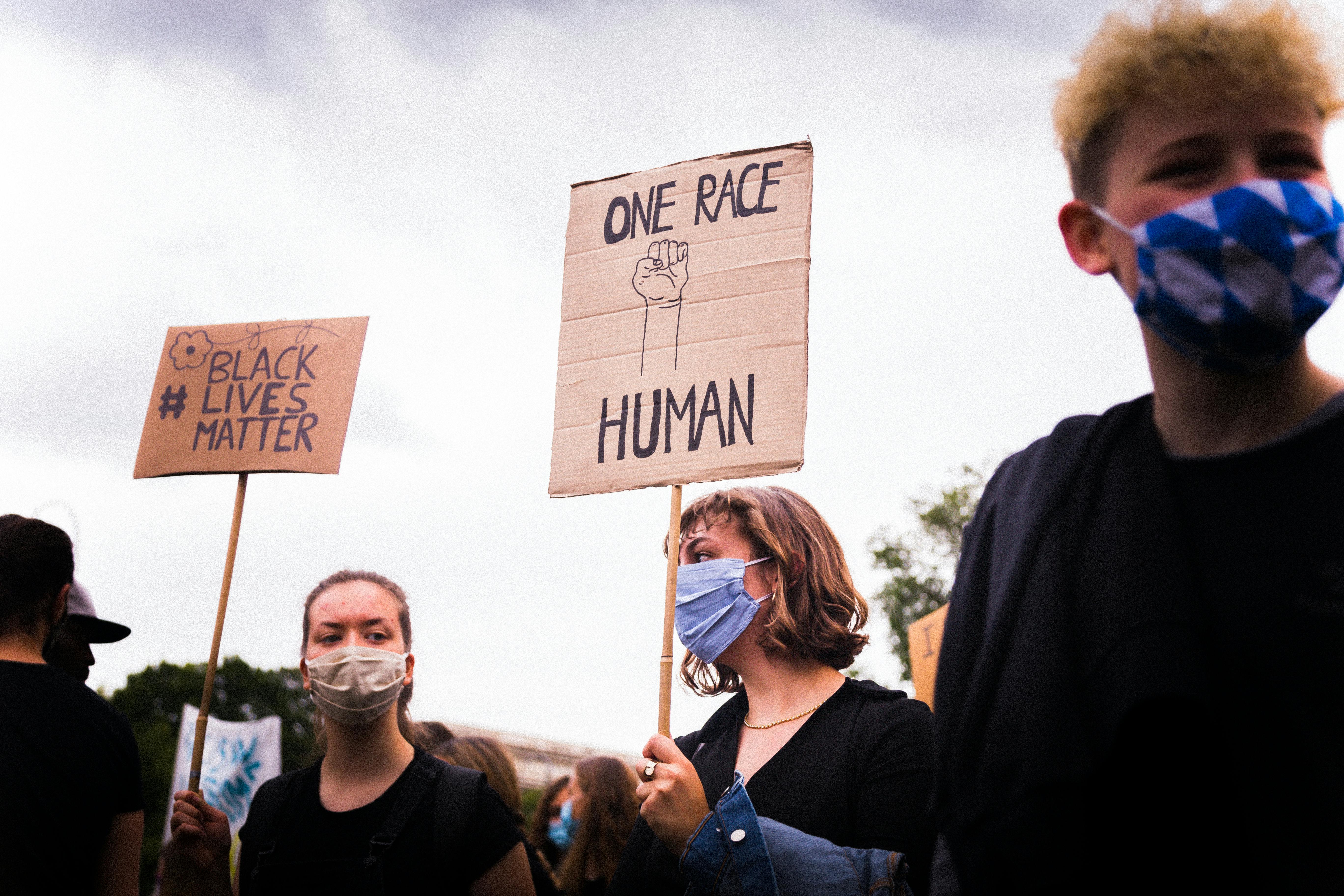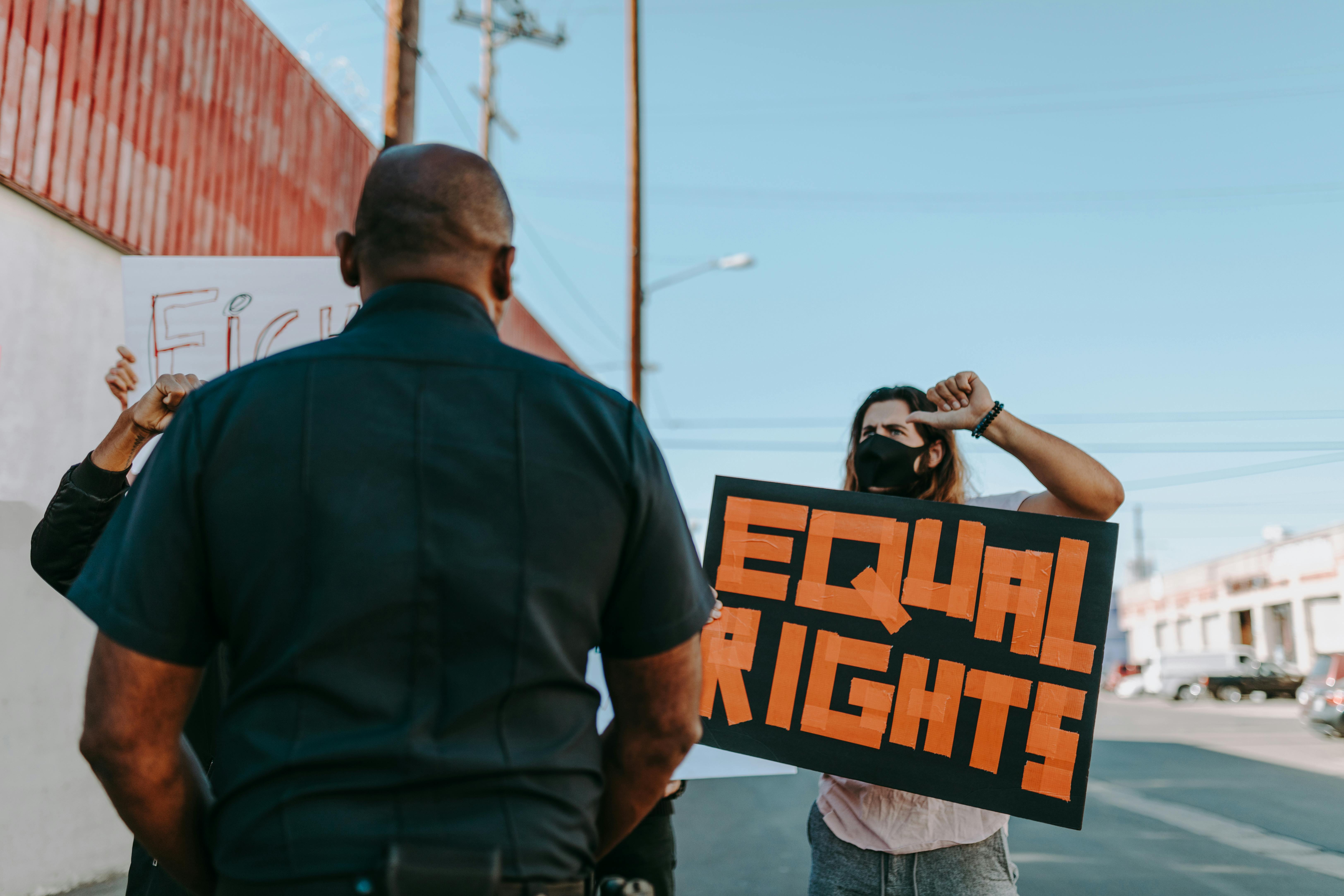If you’ve written a book, started a business, or have a really great idea for a new invention, you may be confused about whether you need a copyright, patent, or trademark to protect your rights.
If you have an original written document, such as a story, poem, or article, you will be granted copyright. Patents are for physical and/or conceptual inventions; and registered trademarks will protect a logo or commercial slogan, or a character. However, it is worth noting that you may not copyright, patent, or register an intellectual idea, an existing English word or idiom, or any property that closely resembles someone else’s copyright, patent, or trademark.
Works of art would also receive copyright. Trademarks would be required only if that artwork was for a commercial application, such as a corporate identity (logo), or a character created for a literary, artistic, or multimedia work, or for company or product-specific advertising applications.
There is no such thing as a “copyright patent.” Patents are a completely different application of the protective law. A patent is used to protect a physical product, or the concept or plans for a physical product or invention. Patents do not automatically give you the right to create this object, but they do limit the ability of others to create or benefit from this concept in the US.
Depending on whether you are applying for copyrights, patents, or a trademark, there are a few different processes that you will go through. When you create a work of art or literature, you are granted full copyright protection and no further action is needed. However, proving that you own this property is another thing entirely. You can copyright your work through the US Copyright Office, which currently costs $45.00 per work to get full federal protections. Although mailing your work to yourself in a sealed, postmarked envelope will also work. Just remember, never open that envelope unless you need to defend your copyright and you’re standing in front of a judge in court, an open envelope won’t prove anything.
If you’ve described an invention with words on paper, that doesn’t mean you need a copyright. Patents must be granted by the US government in order for you to be protected by US Patent Law. Obtaining a patent is fairly straightforward, and unless your product is contested or complex, you may not need to hire a patent attorney. The longest and most expensive part of the process can be the patent search. Before a patent can be granted, the US Patent Office must conduct a patent search for similar inventions. The amount of time an investigator must spend reviewing the records will generally determine the cost of your search fee.
It is important to note that copyrights, patents, or trademarks granted in the United States are only for protection in the US and its territories, and places that have agreements in place with the US. Depending on your project, you may want additional copyrights, patents, or trademarks.



